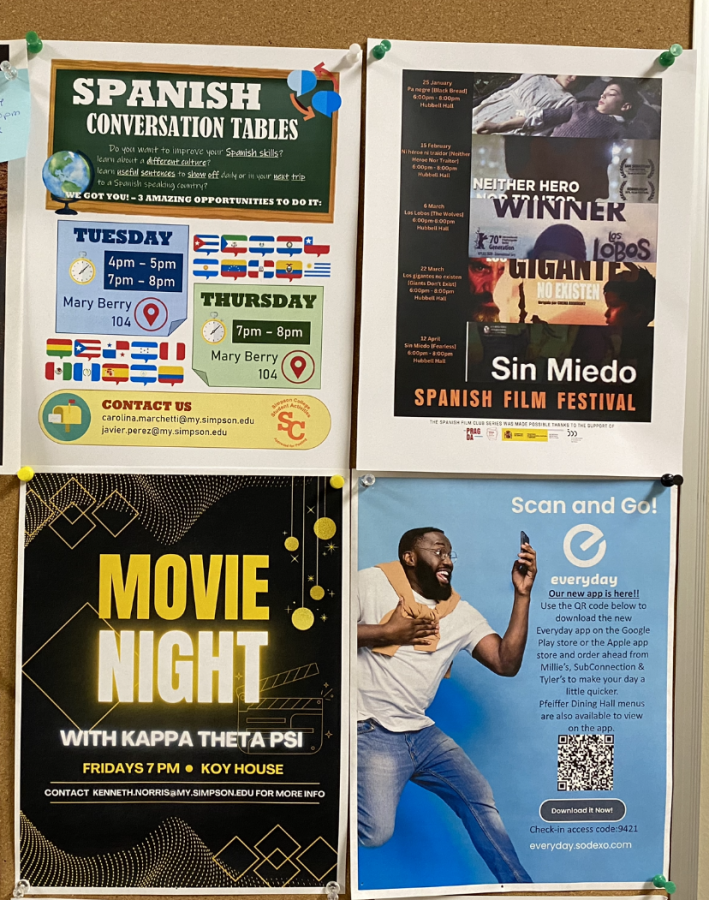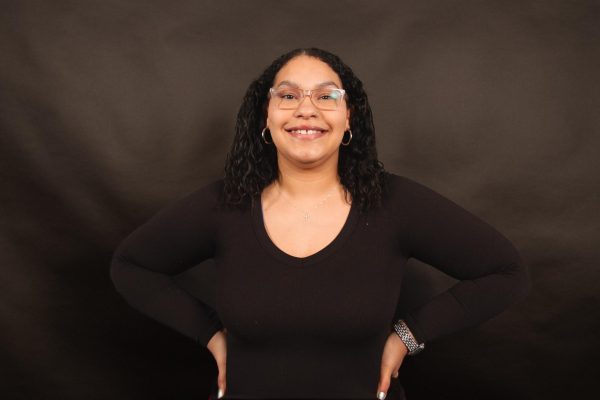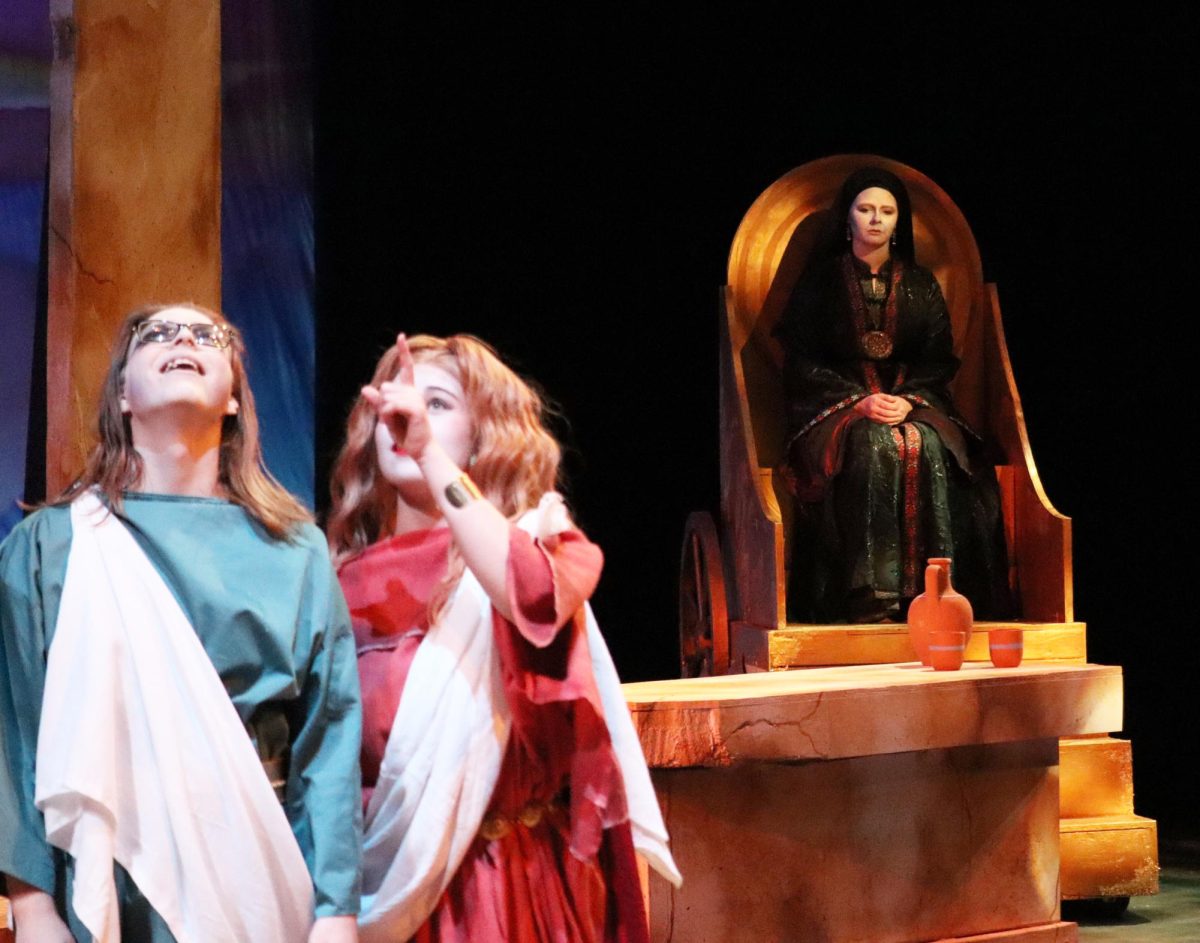Latin American film nights make a comeback
The World Langauge and Culture Studies department will kickoff their film festival on January 25th in Hubbell Hall
January 25, 2023
The World Language and Culture Studies department is bringing back Spanish film nights this spring, playing five different films throughout the course of the semester.
The department requested and applied for a grant from the Pragda Spanish Film Club organization. Pragda is an organization that provides a grant opportunity to bring first-run Latin American, Spanish, and Latinx films to communities and universities. Pragda has two sessions a year; a fall and a spring session.
The World Language and Culture Studies department applied for the spring session and got accepted with a grant covering 50% of the cost necessary for the events. They were able to match the other half through donations from the humanities department and Diversity, Equity and Inclusion (DEI).
The Pragda film organization had a wide catalog of films the department could choose from and they picked five films, of which most are award-winning.
David Foshee, a visiting assistant professor of world language and culture studies, said that the films touch on issues such as diversity, inclusion, marginalization, gender and racism, as well as touching on various issues that are talked about in classes across campus.
“I wanted to do something that was not just for the Spanish department but was something that tied into themes and subjects that would be relevant to other departments across campus.”
Foshee’s goal for these films is to help answer questions students deal with in their classes and everyday life in order to make Simpson, the community and our society better.
Madeline Peterson, a sophomore studying Spanish and political science, believes the film festival can help improve Simpson’s DEI.
“If students are willing to attend the events, they will be exposed to a whole new culture,” she said. “With most of the students at Simpson, it is not common to watch movies in Spanish. Hopefully, this will educate more people on what the culture is like and create a more inclusive environment.”
A future goal for Spanish film nights is to eventually add speakers so students can have detailed discussions after the films.
Foshee hopes to get the director of a documentary or film to speak to students via Zoom. He’d like for students to be able to experience an opportunity that would not normally be available to them through first-run Latin American films.
The first film, “Pa Negre,” which translates to “Black Bread,” was shown on Jan. 25.
The following showings of the films will take place in Hubbell Hall from 6-8 p.m.
Feb. 15: “Ni Héroe ni Traitor” (Neither Hero nor Traitor)
March 6: “Los Lobas” (The Wolves)
March 22: “Los gigantes no existen” (Giants Don’t Exist)
April 12: “Sin Miedo” (Fearless)
Admission is free and snacks will be included. Students can contact Foshee if they are interested in watching a film, but cannot make it during the scheduled time.







